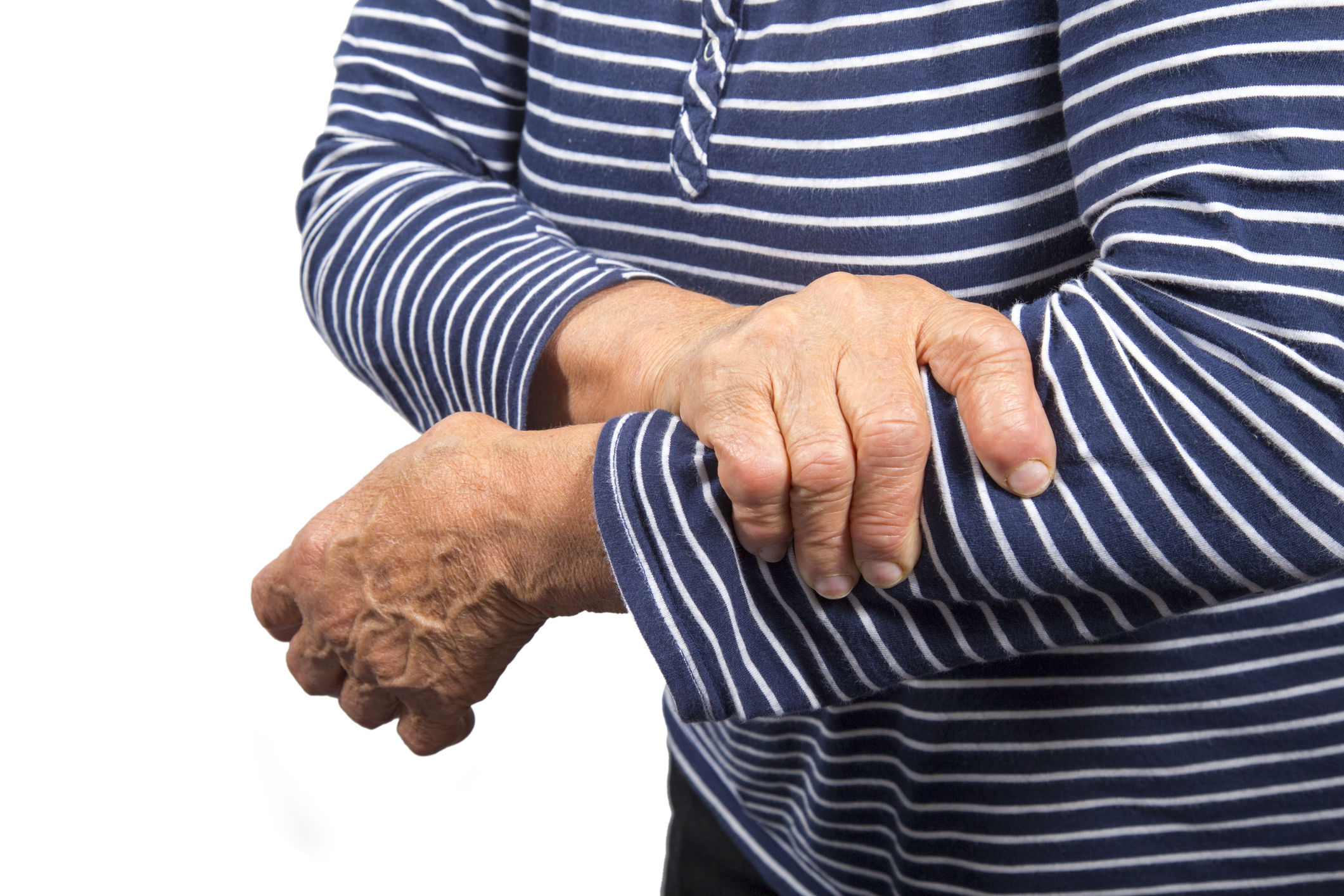When people think about the symptoms of a heart attack they often visualize an older man clutching his chest in pain. But the reality is that too often signs that someone is have a heart attack, especially among women, go unrecognized. With a short window of only six hours for doctors to open an artery and minimize damage to the heart, there is no time for a wait-and-see approach.
Women in particular may experience a heart attack with some surprising symptoms that can include unusual fatigue, nausea, anxiety, lightheadedness, sleeplessness, clammy skin or breaking out in a cold sweat. Sometimes these symptoms can come and go but they should not be ignored as a possibly serious life threatening emergency.
Heart disease is the leading cause of death among women in the United States but many women experiencing a heart attack will wait too long to get help, believing they have the flu or acid reflux.
Women who do experience chest pain during a heart attack, which only occurs in about 45 per cent of cases, may experience it as burning or sharp pain rather than a squeezing sensation. Women may also have pain in the back, one or both arms, neck or jaw and it often occurs while at rest during the evening.
Research is looking at the hormonal differences between men and women as a cause for the difference in heart attack symptoms. Recent studies have also linked depression, which is twice as common among women as men, as a contributing factor to heart disease.
If you or a loved one experience any of these symptoms, even if you aren’t sure it’s a heart attack, get medical attention immediately. Health Canada has approved chewing two low dose or “baby aspirin” tablets while waiting for help to arrive to slow clotting but it’s important to call 911 FIRST, before taking any other action. Aspirin alone won’t prevent damage caused by a heart attack. It’s also important to make sure the patient isn’t allergic to aspirin.
To learn more about heart attack symptoms in women visit the American Heart Association website here.






Add Your Voice
0 Comments
Join the Discussion